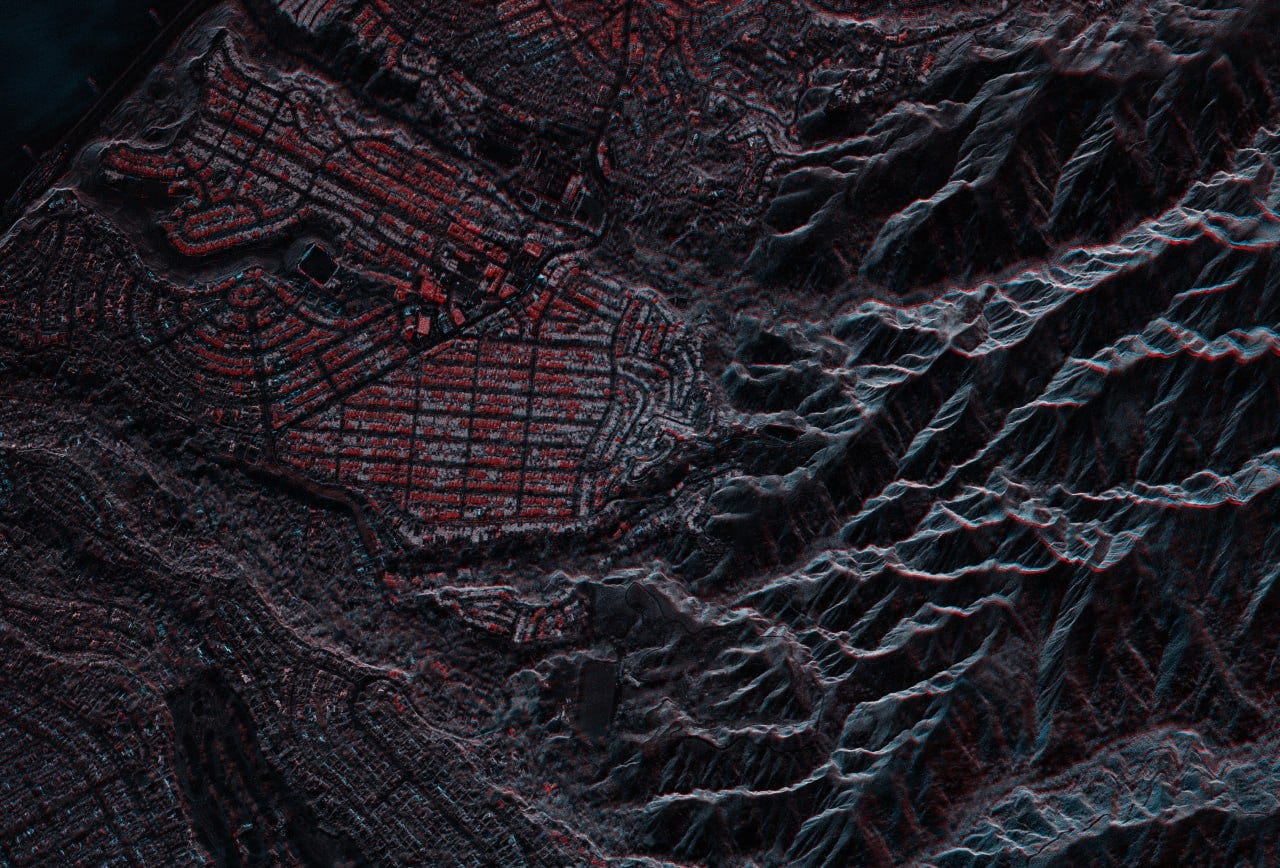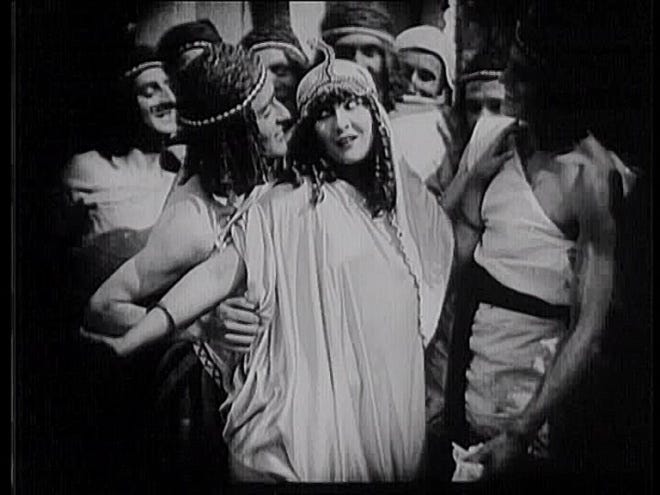I’m starting a new series of personal reflections on the process of engaging with mutual aid and the polycrisis as it unfolds.
I've never felt more hyperconnected and yet alone as I sit at my desk in Ridgewood, Queens. Zoom, Signal, Slack, Discord, iMessage, Phone, Telegram. A pastiche of pathways keeps the information flowing my way. I know a lot about what's going on, yet my view is deeply partial and detached. I don't know what it's like to have a go bag packed in 2025 though I know what it's like in 2020. New context, same catastrophe. Yet this repetition, this cycling of suffering, seems endless. What good does it do to rebuild if we're just waiting for Noah's flood to consume it all anyways?
As a child I was fascinated with the story of Sodom and Gomorrah. The wheel of cosmic justice, as it was told, promised that inevitable decline and burning flames was just... or maybe 10-year-old-me just took glee in people turning to salt. I'm older now and see no joy in the suffering these stories implied. The suffering is too real anyways: flood, ice storm, hurricane, fire--these are our generational gifts. Now as Los Angeles takes its turn on the wheel, it spins to fire, and the clock ticks ever closer to midnight.
It would be too easy to succumb to darkness. Indeed, the emotional weight of my comrades who are on the front lines of this disaster is to bear witness to as profound a human grief as any. Losing a family home of 70 years? Losing a sanctuary in the city with nowhere to turn? Being forced to breathe carcinogens while enslaved to the carceral fire-fighting brigades? The depravity knows no bounds. We are all forced to survey this geography of grief: fires burning deep enough to lay bare the systemic violence wrought by the anthropocene manifest as the most intimate of loss and specter of what's to come.
The very act of bearing witness is an act of profound solidarity. In this world of distractions the profound clarity that comes with unplugging and stepping out of the cocoon of isolation. The lyrics of Kendrick Lamar and Lefty Gunplay remind me to "turn the tv off." Once that tv's off, step outside and greet your neighbor. Break bread together and, what's that, you've done mutual aid? "We survived outside," Kendrick reminds us. Indeed all my LA friends are constantly outside, driving from distro to distro, gathering masks for neighbors, doing what they can with what they have with where they're at.
Mutual aid, at its core, is about knitting together interdependence and collective resilience to weather any storm. Whether it's a literal storm of a political term. It's about finding reservoirs of hope, not in naive optimism, but in the everyday acts of showing up for one another. Rebuilding in the wake of disaster, however Sisyphean it may feel, is an affirmation of human dignity and agency in the face of often incomprehensible cruelty.
I'm not on the ground, yet my mind is deeply woven into the cybernetic networks and flows of information that informs this crisis. I tell people I'm an Information Scientist because I think about information flows at a systemic level. FireAid.info is a cartography of care and a map of human kindness in the face of immeasurable tragedy. It's also an information hub that reduces the barrier a person might face in accessing life giving resources, even just a warm prepared meal. It's deeply humane and responsive in its design--I monitor the feedback form daily to see how it's being used and what features the community might require.
Building this map positioned me, surprisingly, as a sort of leader in the mutual aid response. I thought at first I was just creating a visualization, but what I realize now is that such interventions are architecting the flow of networks of information, that in term shapes relationships, and which then in turn shapes topologies of trust--the firmament of mutual aid. This was a lesson earned not without mistakes made and apologies issued, but what is clear to me now is that care, industrial strength, crisis-contending care is a networked phenomena.





